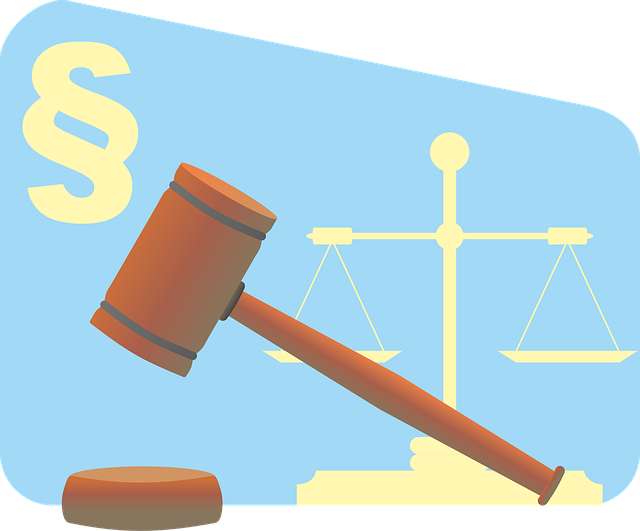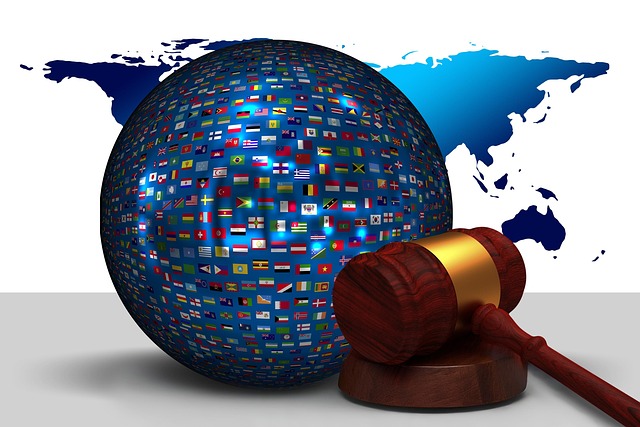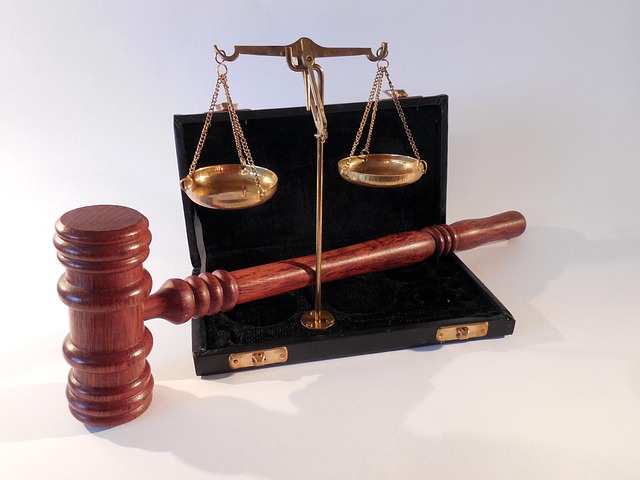Whistleblower Protection Laws empower individuals to expose illegal activities and hold organizations accountable while safeguarding them from retaliation. Understanding these laws is crucial for effectively challenging regulatory agency decisions in white-collar crime cases. By meticulously scrutinizing agency methods and evidence, one can build compelling arguments to protect rights, prevent unjust penalties, and promote transparency. Navigating lawsuits requires a structured approach: reviewing evidence, identifying errors, filing motions, challenging evidence admissibility, disputing agency interpretations, and presenting well-reasoned briefs. Effective documentation, including detailed records and corroborative materials, strengthens cases in high-stakes cases. Understanding jurisdiction-specific laws and knowing when to invoke legal protections is vital for successful challenges with support from communities.
Whistleblower protection lawsuits are a vital tool for individuals who expose illegal or unethical activities within their organizations. In this comprehensive guide, we explore the intricacies of whistleblower protection laws and equip you with actionable strategies on how to challenge regulatory agency decisions. From understanding key legal frameworks to navigating the court process, this article delves into essential steps to ensure your voice is heard and justice served. Uncover effective legal strategies for challenging unfair regulatory actions and learn what evidence and documentation are crucial for success.
- Understanding Whistleblower Protection Laws
- Identifying Unfair Regulatory Agency Actions
- Legal Strategies for Challenging Decisions
- Evidence and Documentation Requirements
- Navigating the Court Process for Whistleblowers
Understanding Whistleblower Protection Laws

Whistleblower Protection Laws are designed to safeguard individuals who expose illegal or unethical activities within their organizations from retaliation. These laws offer a crucial mechanism for holding powerful entities accountable while incentivizing employees to come forward with vital information. Understanding these protections is essential, especially when navigating complex legal landscapes and considering how to challenge regulatory agency decisions.
For those involved in white-collar and economic crimes cases, knowledge of whistleblower protection can significantly impact their outcomes. These laws often enable whistleblowers to pursue legal action without fear of indictment for reporting fraudulent or illegal practices. By utilizing these protections, individuals can foster a culture of transparency and accountability while avoiding potential personal risks associated with exposing corporate misconduct.
Identifying Unfair Regulatory Agency Actions

Unfair actions by regulatory agencies can have severe consequences for individuals and businesses alike. To challenge these decisions effectively, it’s essential to identify when an agency oversteps its authority or applies regulations inconsistently. This process involves meticulous research and a deep understanding of both the law and the specific industry in question. By scrutinizing the agency’s methods and evidence, one can uncover procedural errors, arbitrary decisions, or even violations of fundamental rights.
Knowing how to challenge these regulatory actions is crucial for protecting one’s rights and interests. For his clients, a well-prepared and compelling argument can lead to winning challenging defense verdicts. This not only safeguards against unjust penalties but also fosters a sense of fairness within the philanthropy and political communities, ensuring that regulatory agencies operate transparently and responsibly.
Legal Strategies for Challenging Decisions

When facing whistleblower protection lawsuits, understanding how to challenge regulatory agency decisions is crucial for both corporate and individual clients. The first step involves meticulously examining the evidence and procedures that led to the initial decision. Often, errors or procedural irregularities can be uncovered, providing a strong foundation for legal arguments. Legal strategies may include filing motions to dismiss, challenging the admissibility of evidence, or arguing that the agency’s interpretation of laws and regulations is incorrect.
A comprehensive general criminal defense strategy is essential in these cases. By presenting well-reasoned legal briefs and leveraging expert testimony, advocates can fight for a complete dismissal of all charges. This involves not just disputing the facts but also questioning the legitimacy of the regulatory body’s actions and the potential bias or conflicts of interest that may have influenced their decisions. Such an approach ensures that justice is served while protecting the rights of those caught in these legal quagmires.
Evidence and Documentation Requirements

When navigating Whistleblower Protection Lawsuits, understanding evidence and documentation requirements is paramount. To successfully challenge regulatory agency decisions, whistleblowers must gather comprehensive proof to support their claims. This includes documenting interactions with the agency, detailing any retaliation or improper conduct, preserving relevant communication records, and collecting factual evidence that aligns with their disclosures.
The key to a robust case lies in organizing these materials in a structured manner. Whistleblowers should maintain detailed journals, emails, memos, and any other documentation that can corroborate their version of events, especially when dealing with high-stakes cases involving white collar and economic crimes. This meticulous approach not only strengthens their argument but also aids in presenting a compelling case for winning challenging defense verdicts.
Navigating the Court Process for Whistleblowers

Navigating the court process as a whistleblower can be complex, especially when challenging regulatory agency decisions. The first step involves understanding the specific laws and regulations related to whistleblowing in your jurisdiction. Many countries have enacted whistleblower protection laws that empower individuals to come forward with information about illegal or unethical activities within organizations, such as fraud, corruption, or environmental violations. These laws often provide a framework for how complaints should be filed, investigated, and resolved.
Whistleblowers must carefully document their evidence and prepare a compelling case to present before the court. This includes gathering supporting documents, witness statements, and any relevant records that substantiate their claims. It’s crucial to know when and how to invoke legal protections offered by these laws, such as seeking anonymous reporting options or requesting protective orders to avoid indictment while maintaining their privacy. An unprecedented track record of successful cases can boost confidence in the whistleblower’s story, drawing attention from both philanthropic and political communities.
Whistleblower protection lawsuits play a vital role in holding regulatory agencies accountable and ensuring fairness. By understanding your rights under whistleblower protection laws, identifying unfair agency actions, employing strategic legal challenges, and gathering comprehensive evidence, you can effectively navigate the court process. Armed with this knowledge, folks can stand up against unjust decisions and even revolutionize the landscape of regulatory governance, fostering a more transparent and accountable system. Remember that, in terms of how to challenge regulatory agency decisions, delving into these steps is crucial for making your voice heard and effecting positive change.






